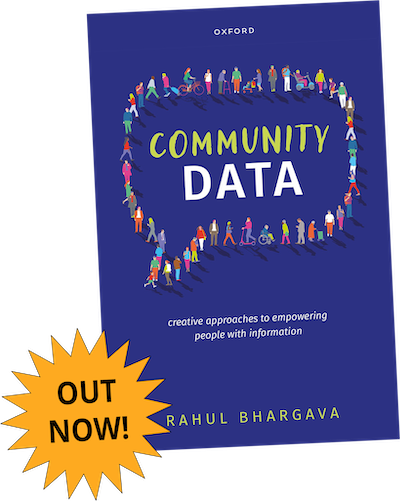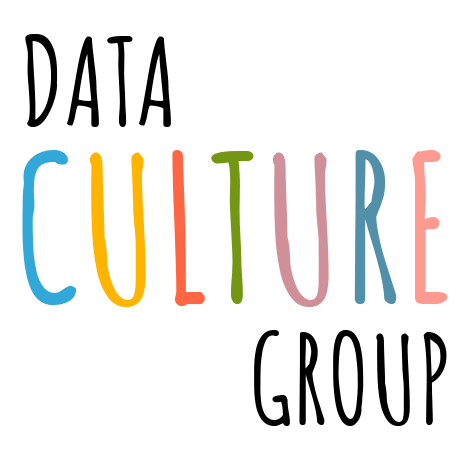I was so pleased to be invited by my friend and colleague Jon Schwabish for an interview on his PolicyViz Podcast. The topic was “Data Beyond the Screen”, specifically focused on data sculptures. Watch a video of interview.
As someone who started in computer science before finding my way to more community-centered work, I enjoyed sharing how my journey has shaped my approach to making data more accessible and engaging for diverse communities. In our conversation, I emphasized how our society tends to privilege sight over other senses when it comes to data representation. To address this I’ve done a lot of work on data sculptures and embodied data experiences. These approaches help create new entry points for people who might feel excluded by traditional data visualization methods.
I highlighted the 1,659 table, a table my wife and I created during the pandemic, welded together from 1,700 pieces of cutlery – representing the number of households applying daily for SNAP benefits in Massachusetts. This piece exemplifies how physical data representations can spark meaningful conversations about difficult topics like food insecurity.
I also shared our ongoing work with data theater, where we’re reimagining community engagement through theatrical performances based on data. Instead of traditional civic meetings with projectors and sticky notes, we’re exploring how 20-minute performances followed by group discussions can create more inclusive spaces for community dialogue.
The goal of using these methods isn’t just about creative approaches to data literacy; it’s about empowerment and ensuring more voices have a seat at the table when data-driven decisions are being made. What excites me most about this work is how it challenges the traditional power dynamics of data collection and analysis. By bringing data back to communities in forms they can relate to and engage with, we’re helping reset these power balances and create more equitable ways of working with information.
For those interested in exploring these approaches, remember: working with communities takes time, and speed is often a poor metric of success. The relationships we build and the questions we encourage people to ask are far more valuable than quick results.


